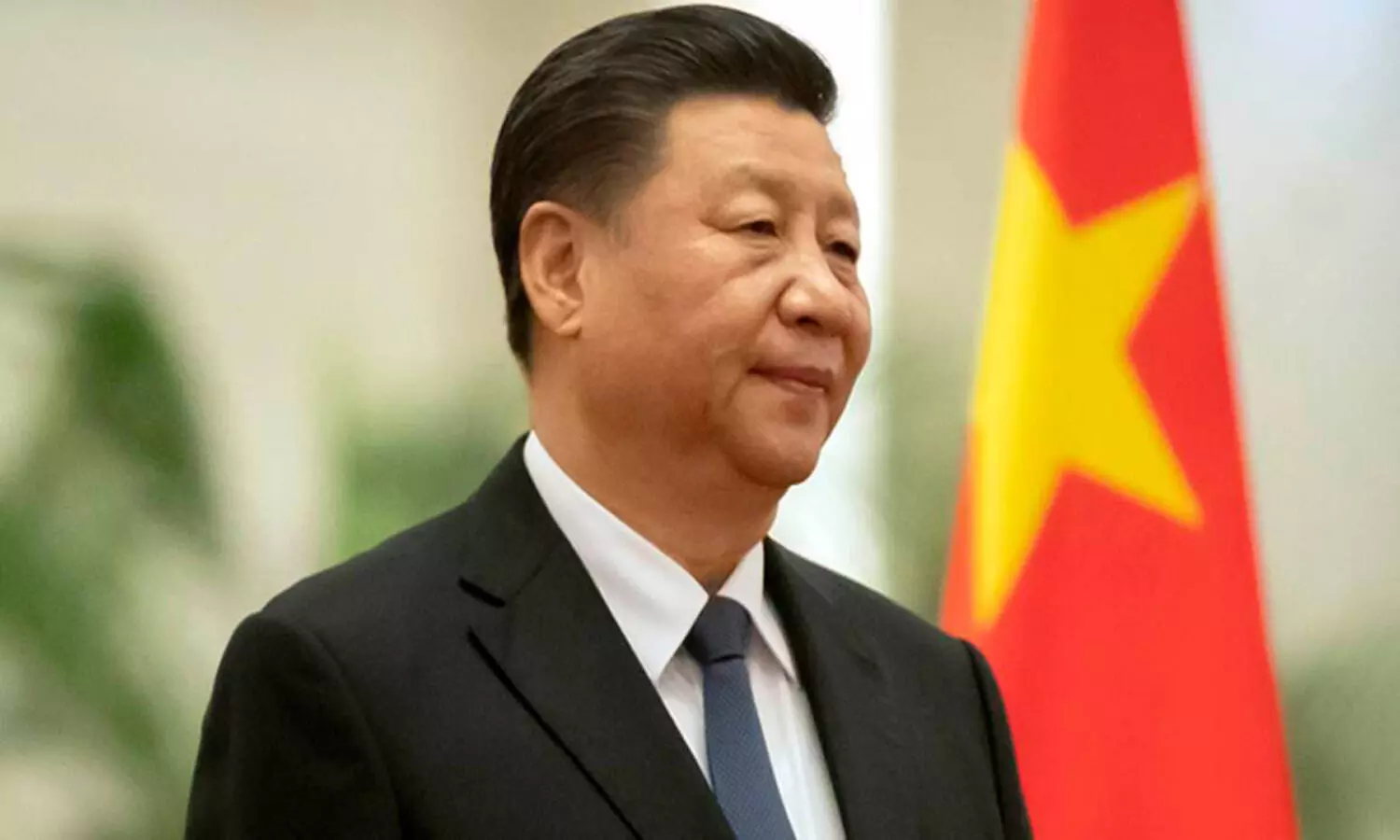TRENDING TAGS :
Power must be held by patriots, not traitors, says Xi Jinping in Hong Kong
Xi Jinping was speaking after the Hong Kong’s new leader, John Lee, 64, a former policeman and top security official, seen to be a staunch Beijing loyalist, was sworn in
China president Xi
Chinese President Xi Jinping on Friday said there's no reason to change Hong Kong's "one country, two systems" governance mechanism but stressed that political power must be held "firmly in the hands of patriots", a clear indication of Beijing's increasingly stronger grip on the semi-autonomous region.
"No country or region in the world will allow unpatriotic or even traitorous or treasonous forces and figures to take power," Xi said following the new government's swearing-in ceremony at the financial hub, adding: "To keep the power to administer the HKSAR (Hong Kong Special Administrative Region) firmly in the hands of patriots is essential for safeguarding the long-term stability and security of Hong Kong, and it must not be shaken at any time.
Xi was speaking after the city's new leader, John Lee, 64, a former policeman and top security official, seen to be a staunch Beijing loyalist, was sworn in.
Xi, who returned to the mainland on Friday, was visiting Hong Kong to inaugurate the new government and mark the 25th anniversary of the city's handover from Britain to China.
It was his first trip outside the mainland since January, 2020 after which the Chinese leader stopped travelling abroad because of the Covid-19 pandemic.
Xi, according to a copy of his speech released by official media, said the "one country, two systems" principle has withstood the test of practice and time, been supported by all Chinese people and recognised by the international society, and "…there's no reason to change such a good system".
"Upholding national sovereignty, security and development interests is the paramount principle in the policy. On the basis of this prerequisite, Hong Kong and Macao (another SAR under the rule of the mainland) maintain their capitalist system over the long run and enjoy a high degree of autonomy," he said.
The former British colony was returned to China in 1997 under an agreement between London and Beijing that China will ensure autonomy, individual rights, press freedom, and judicial independence at least until 2047 - rights and freedoms not available to citizens on the mainland.
Following the quelling of pro-democracy protests in 2019 - overseen by Hong Kong's new leader, Lee - and the passage of a stringent national security bill in 2020 - signed into law by Xi himself - the freedoms have gradually eroded, Western countries and rights activists say.
Lee's becoming Hong Kong's chief executive - via a rubber-stamp election - is a sign of Beijing deliberately diluting the autonomy which the city enjoyed.
Earlier this year, Lee won a one-sided election, polling 1,416 of 1,424 electoral college votes: Lee had no opponents because Beijing only permitted him to stand.
In August, 2020, the US government's Treasury department imposed sanctions on 11 individuals including Lee for "undermining Hong Kong's autonomy and restricting the freedom of expression or assembly of the citizens of Hong Kong".
"He is designated for being involved in coercing, arresting, detaining, or imprisoning individuals under the authority of the National Security Law, as well as being involved in its development, adoption, or implementation," a statement from the Treasury department said.
Lee has dismissed the sanctions, saying the measures imposed by "some bullying countries" will not deter him or his government from protecting national security.



